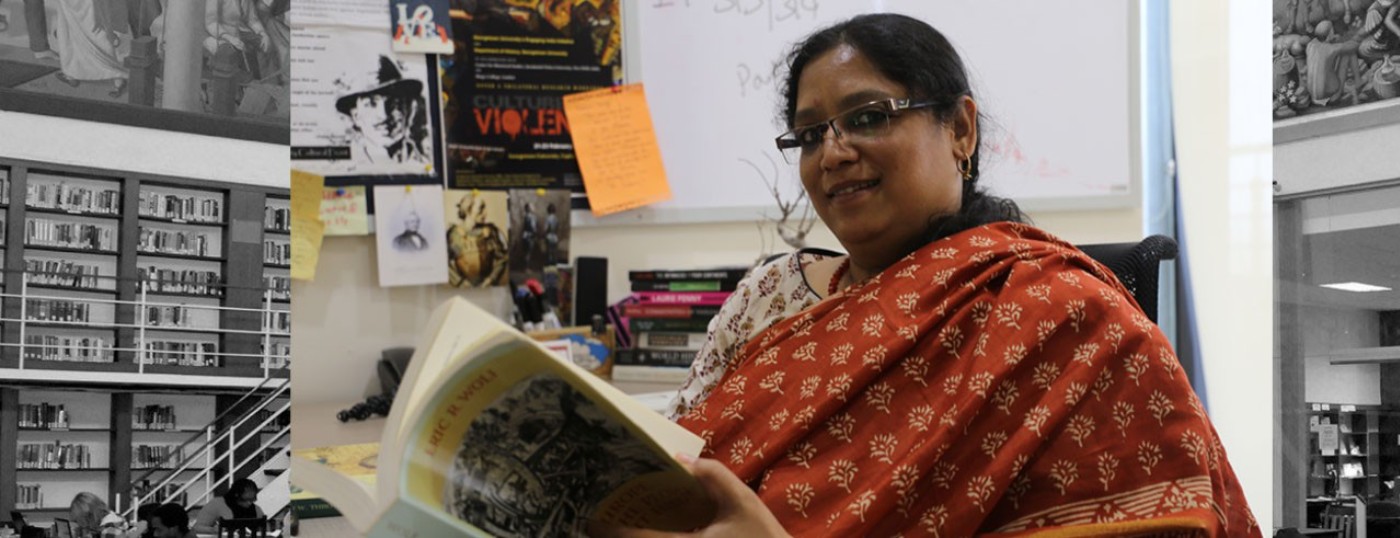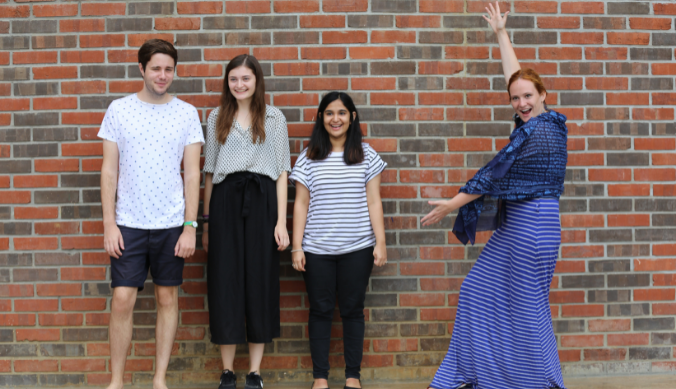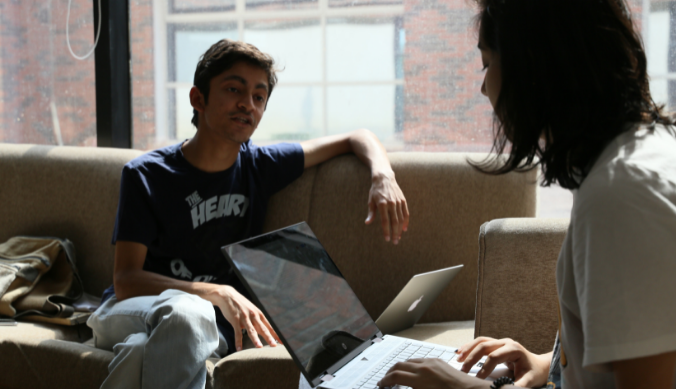Ashoka History Faculty Aparna Vaidik awarded £50,000 (about Rs.50 lacs) grant for research by The British Academy, UK
Aparna Vaidik is awarded a grant worth £50,000 (about Rs.50 lacs) for the project 'The Ownership of Public History in India' (TOPHI).

Ashoka Staff
29 December, 2020 | 6 min readIn conversation with Aparna Vaidik, Associate Professor of History who has been recently awarded a grant of £50,000 (about Rs.50 lacs) for the project titled ‘The Ownership of Public History in India’ (TOPHI), by the British Academy, UK. Her co-collaborators are Dr. Shalini Sharma from Keele’s School of Humanities, Professor Maya Dodd from India’s FLAME University, and partner organisation the Keystone Foundation. ⠀⠀
What is The British Academy Humanities and Social Sciences Tackling Global Challenges Programme, UK all about?
The purpose of this project is to bring original interdisciplinary research ideas from the humanities and social sciences to bear on our understanding of the challenges and opportunities which people, cultures, societies, and economies in the Global South are facing and/or will face.
How does it feel to be awarded this grant?
Great. It is a validation that we need to radically transform historical writing and pedagogy.
How rare it is rare for someone from the Humanities to get a grant like this?
I can’t possibly answer this question because I don’t have the requisite data to say that it is rare. However, this is an unusual project to receive a grant and is a recognition of its significance. The project captures the spirit of the cultural moment that we are living through.
Would you like to talk about the TOPHI project?
Coming out of colonialism and the bloody history of the Partition, the Indian historians came to see themselves as the custodians of India’s past. The belief was that the past was an entity that needed to be saved and preserved, and therefore, was safe only in the hands of a specialist trained to handle it. Seven decades after India’s independence the question facing the historians is: how do we historians enter into debate with individuals and groups in Indian society who have their own view of the past? This project seeks to respond to this question by focusing on Public History. So far the term, Public History, has been understood as public dissemination of historical knowledge where the reading public are the audience for historical knowledge generated by historians. This project takes this idea further to create a co-ownership between the universities and the local communities over historical knowledge and its teaching.
You have talked about how the innovative project will benefit local community development and give voice to researchers from marginalised communities. Could you please elaborate on this?
This project evinces public/community participation in the act of writing history where they are not just the target and recipient of the historical knowledge but participants in the work of analysis. This is an attempt to expand the consciousness of a public citizen to create a critical public sphere. Think of it like this: the history of lions are always told by hunters but if the lions were to tell their own history it would be different. Eklavya’s story is told by Rishi Ved Vyas but the story would be different if Eklavya were to tell it.
How will this project benefit the universities and enable them to develop a better understanding of collective public history?
A great deal of historical research is premised on institutionalised archives such as the one created by the states and corporate institutions. So the question for us is how do we decolonise the archives? How to build peoples’ and communities’ worldview into the archives? What are the traditional archive practices that one needs to do away with?
Doing Public History fundamentally requires you to first shift the vision to community archives – the archives that a community creates instead of archives created for the communities. For example Janastu, a Bangalore-based NGO, documents stories of pattachitra story-tellers as recorded by them on a push-button recorder. It also documents lives of shepherds such as the Raika community where they have developed a mobile application for the shepherd to track their locations. This helps protect the commons and in the compiling of bio-cultural protocols by the community itself. The traditional archives are spaces of violence and erasure, created by the colonial administration, the state and people in power. They have written out genocide, massacres and land grabs. Therefore community knowledge archiving and record keeping is very important in re-imagining our histories.
How do you think this win will champion the study of Humanities in Indian universities?
The practice of Public History requires us to change our elitist and hierarchical mindset.
A great deal of history is really history of the state, rulers and big statesmen. They are seen as ‘doers’ in history, determining and impacting the course of history. Then came the subaltern historians who focused on the people on the margins of history – the working class, peasants, and women – as the agents of history.
Public History goes a step further and seeks to engage the ‘small voice of history’ in the act of analysis and the manner of writing history itself. One has to be careful here because a conception of public history can feed the separation between ‘real’ history as done by historians for their peers and one they write for and with the public but both are complimentary.
Anything else you wish to share.
This grant is a collaboration between Prof. Shalini Sharma (Keele University, UK), Prof. Maya Dodd (FLAME University, Pune) and the Keystone Foundation (Tamil Nadu). It’s the synergy between us that made the grant possible and now we have the task of seeing through this experiment. We are grateful for the support we have received from the research offices of Keele and Ashoka University.
For more information about Aparna Vaidik’s work, visit here.
For more about The British Academy, UK, visit here.










